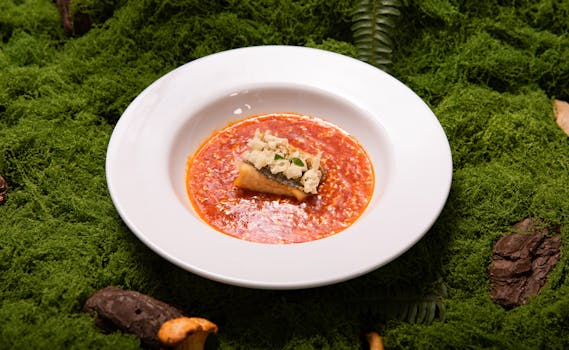You can study for a higher education qualification in:
- culinary arts
- professional cookery
- bakery and patisserie technology
- food and nutrition
Entry requirements
You'll usually need:
- 1 or 2 A levels, or equivalent, for a foundation degree or higher national diploma
- 2 to 3 A levels, or equivalent, for a degree




